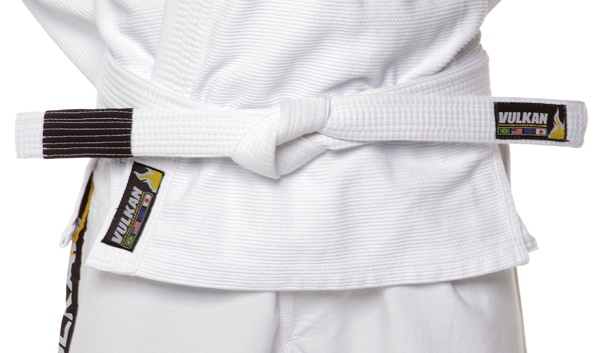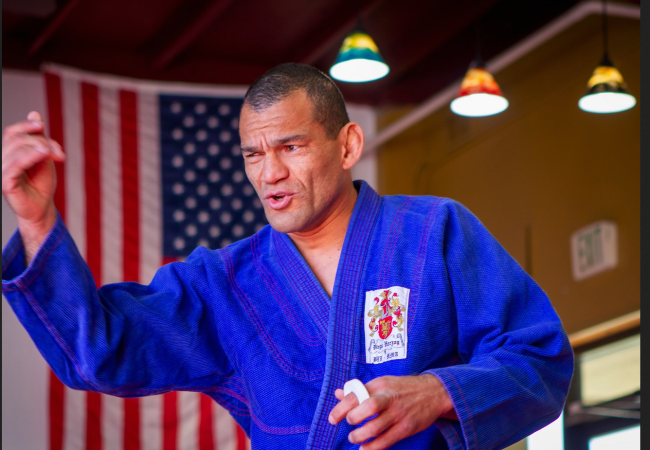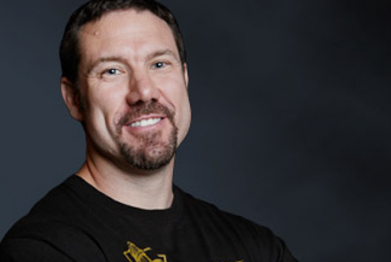
[First published in 2013.]
For some time now, Graciemag has reserved one page of its print edition for a black-belt to give 10 tips to white-belts around the world. Here we compile eight of the best pieces of advice for novices, as well as a couple of insights for teachers.
Trust and be trustworthy! NEVER hold a submission after the tap-out. When in doubt about whether your partner tapped, let go immediately—better safe than sorry. When striving to be a better and more reliable training partner to your coaches and training partners, you create a safer and more enjoyable environment in which to learn. If you don’t have fun, it’s not worthwhile. BJJ is training for the rest of your life. Each step must be effective; after all, art is the best habit you can acquire in life. — Felipe Costa (Brasa)
Concentrate on your ABCs. Don’t get ahead of yourself by trying to learn everything, especially not if you do it in a hurry. Beginners need to focus on the basics, even if it feels repetitive. Imagine you’re going to write a book, and as you go through the process, you’re learning the sounds and shapes of each letter, to then learn to fit them together to make words and sentences. So don’t rush through; get it in your head that shrimping and rolling are as important as can be. — Jorge Britto (Toronto BJJ)
BJJ is about details, details and details. It’s normal that a white-belt observes a position and then misses one detail or another when repeating it. Obviously, the technique won’t work the way it should, and the student may give up on it. Drive home the details of every move until the student feels confidence and pleasure in applying it in training. — Christian Uflacker (Uflacker Academy)
Practice good habits. Your body is your spirit’s temple. It’s the first vehicle you use to come and go. Just as we have to take care of an automobile, our body too needs to be cared for in order to function properly. Therefore, sleep and eat well, as we are what we eat, drink, and as incredible as it may seem, how we sleep. — Carlos Alberto Liberi (Gracie Barra)
Physical conditioning work helps a lot. Explore all the angles so the student will be able to meet their potential. Of course, you have to be keen to their physical maturity. — Bruno Bastos (Bastos BJJ Midland)
Find the right academy. Be careful in choosing a qualified academy that fits your expectations. Inform yourself of the professor’s curriculum, and visit the academy. Take a trial class to see whether you feel comfortable in the environment and with the staff and training partners it has to offer. Training must make you feel well, and the right atmosphere is crucial. Once you choose an academy, stick with it and trust your teacher. — Frederico Tisi (Tisi JJ)
Dispel all excuses not to train. Most instructors in BJJ schools demonstrate positions in a sequence. If you skip class for silly reasons, you miss out on one of the facets of the position and won’t understand the overall array your master is getting at. — Lúcio “Charlie Brown” (Gracie Barra)
For someone who doesn’t do BJJ, having bulging biceps tends to be seen as a sign of a powerful athlete. Forget that. The most important part of a fighter’s body is their core – the abdomen, lower back, chest and back. Work at building a strong core and exercising your hips. Discuss how to strengthen and train these areas during warm-up with your teacher. — Rafael “Gordinho” Lima (Florida Start Academy)
Start competing—don’t be afraid. Championships can work as an explosive ingredient for you to train with more excitement. The person who loses trains more to win, and the one who wins trains even more not to lose the throne. — Abmar Barbosa (Drysdale BJJ)
Test yourself all the time. If you have a friend who sweeps well, try to pass their guard. If there is a guard passer at the gym who doesn’t let up, pull them to your guard. If your mate has a great base, train with them standing up. Use the strengths of others to sand off the flaws of your game. — Sid Jacinto (UAEJJ)




